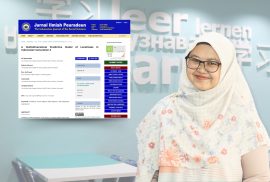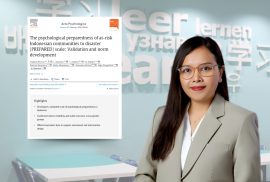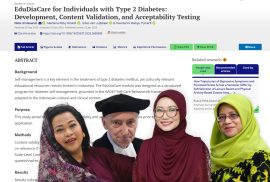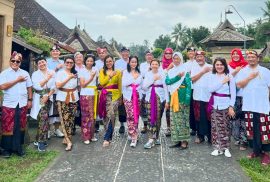Muhammad Nabhan Husein, S.Psi., M.Psi., Psikolog, is a clinical psychologist who graduated from the Faculty of Psychology, Universitas Gadjah Mada, where he completed his Bachelor’s degree in Psychology and Professional Master’s degree in Psychology. His academic background has equipped him with comprehensive competencies in psychological assessment, diagnosis, and evidence-based psychological intervention. He has a strong interest in developing mental health services grounded in scientific evidence and relevant to the Indonesian sociocultural context.
In his professional practice, he actively serves as a Clinical Psychologist at the Academic Hospital of Universitas Gadjah Mada (RS Akademik UGM). His professional experience extends beyond clinical practice to include roles in training and human resource development. In the field of research, he has been involved in various studies related to depression, the use of biofeedback interventions for children and adolescents with Autism Spectrum Disorder, and the development of mental health assessment instruments. The integration of clinical practice, research engagement, and institutional experience has shaped him into a professional committed to the continuous improvement of psychological services.










